Publications
Articles, publications, books, tools and multimedia features from the U.S. Institute of Peace provide the latest news, analysis, research findings, practitioner guides and reports, all related to the conflict zones and issues that are at the center of the Institute’s work to prevent and reduce violent conflict.
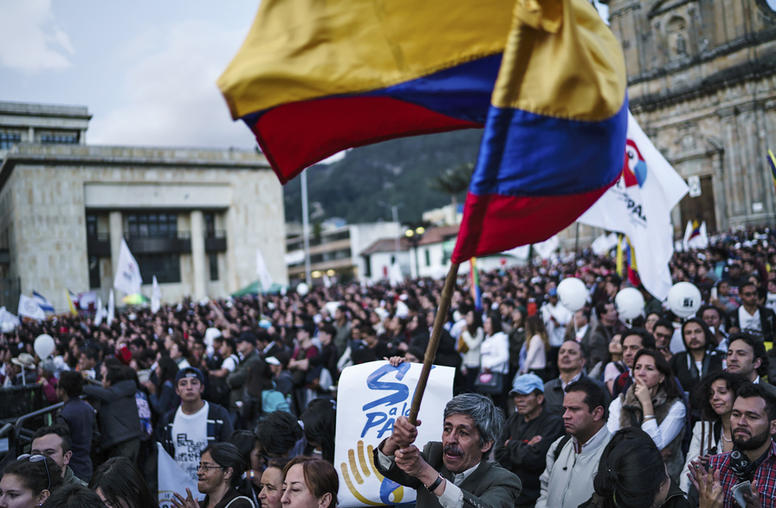
Measuring Collective Impact: Creating a Framework for Assessing Multiple Peacebuilding Projects in Colombia
USIP implemented its Initiative to Measure Peace and Conflict (IMPACT) program first in the Central African Republic and later in Colombia, where it worked directly with peacebuilding organizations to gauge their collective impact on fostering reconciliation in the wake of the 2016 peace accord between the government and FARC rebels. Drawing on the challenges encountered and lessons learned, this report provides suggestions for how future iterations of the IMPACT approach can help policymakers, donors, and practitioners achieve greater and more cost-effective results from the peacebuilding projects they support.

To open a ‘problem-solving space,’ honor the group—and the person
Cuban-American-European mediator Juan Diaz-Prinz says cultural competence means understanding not simply cultures but people and their values—honoring both a community and an individual. It means creating a space with another person in which they can safely talk about problems and seek ways with you to address them.

Juan Diaz-Prinz on Incentivizing Peace Talks in Ukraine
As it stands, both sides see little reason to engage in peace talks. But USIP’s Juan Diaz-Prinz says that shouldn’t stop the international community from trying to incentive an end to the conflict: “We’ve got to try everything, and we’ve got to try every avenue until the right one fits.”
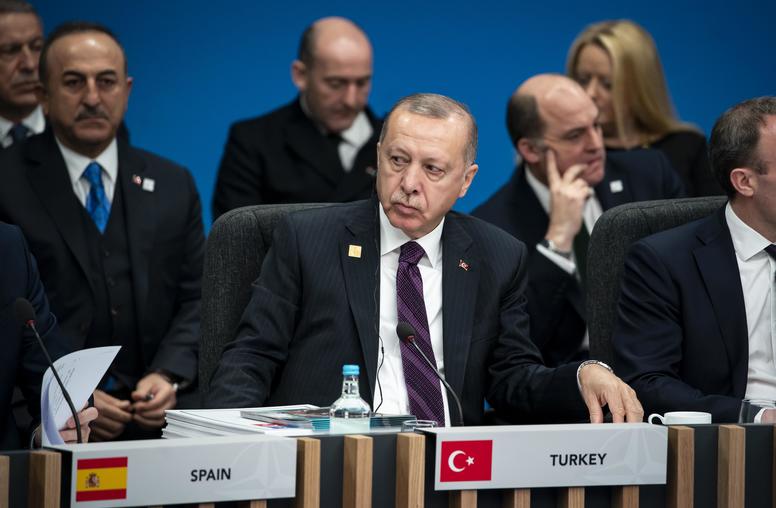
To Sustain Hopes for Peace in Ukraine, Keep an Eye on Turkey
Russia’s atrocities against Ukrainian civilians and its escalated warfare in southeastern Ukraine have swept aside last month’s public discussion of peace options as the countries briefly held talks in Turkey. Yet even in the darkest moments, all sides in this war, including the United States and Europe, have strong interests in maintaining channels for negotiation that can be used when opportunity re-emerges. Protecting that interest means understanding and maintaining Turkey’s role in facilitating talks—and its potential to serve more actively as a mediator.
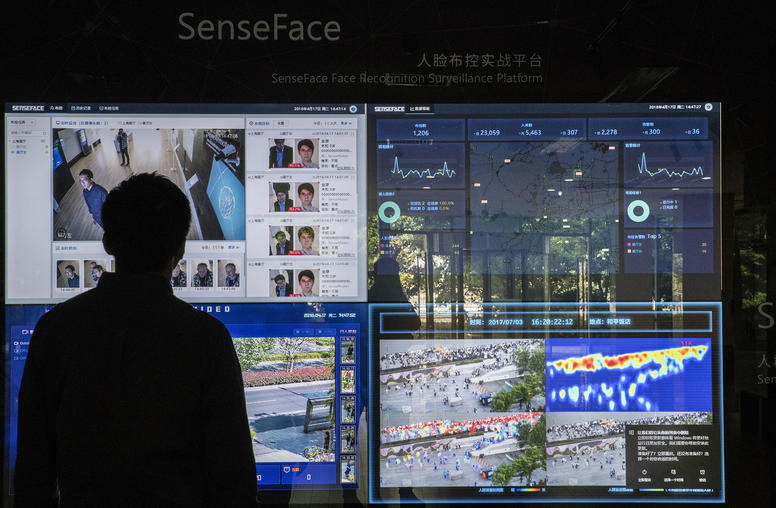
How China Seeks to Dominate the Information Age
A combination of U.S.-China rivalry and China’s national security goals is driving Beijing to take a more assertive approach to the governance of international common spaces — from outer space to cyberspace. China’s leaders believe the world has transitioned from the Industrial Age to the Information Age. Consequently, Beijing sees the ability to generate, move, analyze and exploit information more rapidly and more accurately as the new currency of international power.
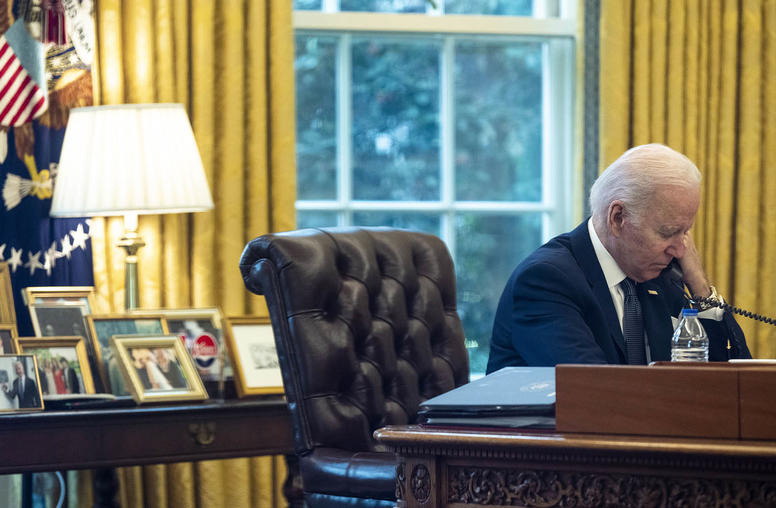
Another Way to Help Ukraine: Prepare Now for a Peace Process
Three months of Russia’s savagery against Ukraine have left little space in current policy discussions for considering a peace process. President Biden vows to strengthen Ukraine before any negotiations by providing more arms and funds, and tougher sanctions on Russia. Alongside that vital support for Ukraine’s defense, it is important to develop other ways to help Ukraine end bloodshed and protect its future. One track of policy should be preparation now for negotiations if that opportunity emerges.
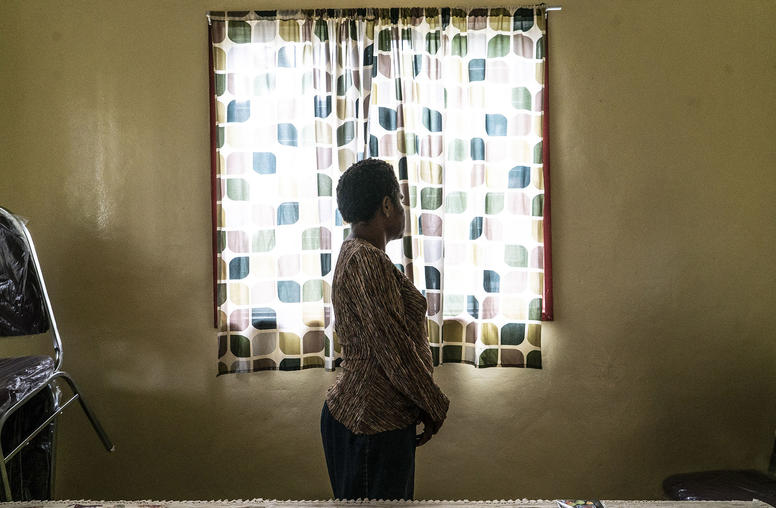
Addressing Gendered Violence in Papua New Guinea: Opportunities and Options
Each year, more than 1.5 million women and girls in Papua New Guinea experience gender-based violence tied to intercommunal conflict, political intimidation, domestic abuse, and other causes. It is, according to a 2023 Human Rights Watch report, “one of the most dangerous places to be a woman or girl.” Bleak as this may seem, it is not hopeless. USIP’s new report identifies several promising approaches for peacebuilding programming to reduce gender-based violence and effect meaningful and lasting change in Papua New Guinea.
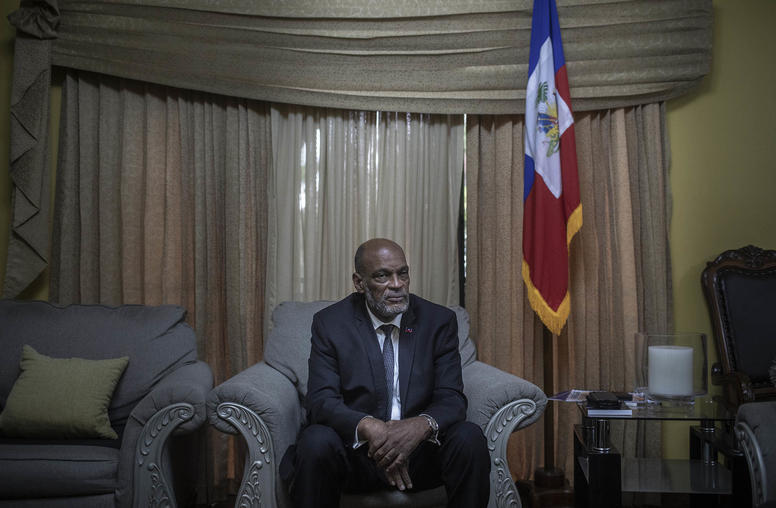
How to Avert a Gang Takeover of Haiti
Policymakers across the Western Hemisphere were shocked this weekend by news of a concerted effort by a coalition of gangs to attack Haiti’s key infrastructure, block the capital’s airport and prevent Prime Minister Ariel Henry from returning from a trip abroad. After all, the analysis went, Henry’s position seemed cemented as the deadline of February 7 — when he was supposed to hand over power to an elected government — passed with no real challenges to his rule. Now, absent an inclusive transitional arrangement that can effectively govern, the possibility of total collapse and anarchy in Haiti is ever more real.
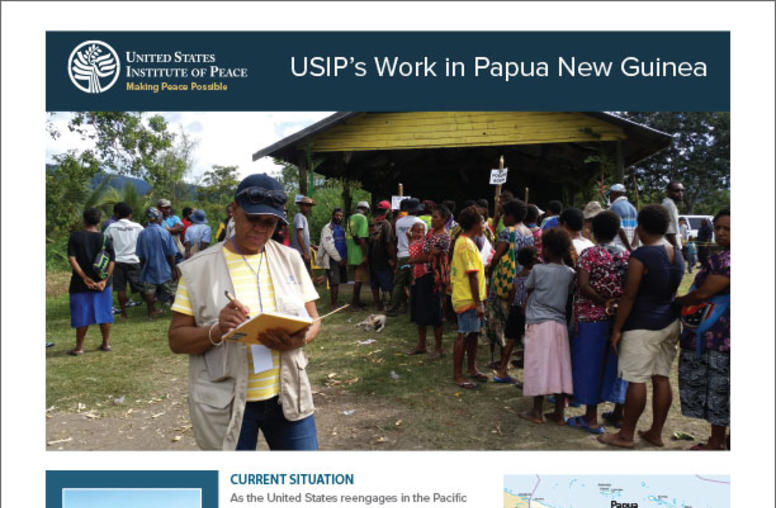
The Current Situation in Papua New Guinea
As the United States reengages in the Pacific Islands, Papua New Guinea is emerging as an increasingly important U.S. partner. It is the region’s largest country, with a landmass about the size of California and a population estimated to be somewhere between 10 and 17 million. In April 2022, Papua New Guinea was designated as one of the focus countries under the U.S. Strategy to Prevent Conflict and Promote Stability (SPCPS). In May 2023, the United States and Papua New Guinea signed a Defense Cooperation Agreement.
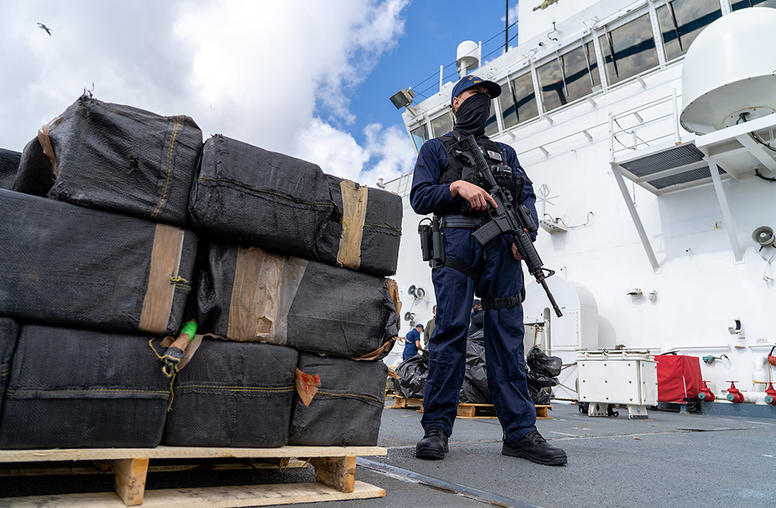
Illicit Drugs Are Undermining Pacific Security
A quick succession of drug busts in Fiji earlier this year — the seizure of 3.5 tons of crystal methamphetamine followed by another 1.1 tons — underscored the threat that the illicit drug trade and narco-corruption pose to the stability and security of countries and societies situated along the so-called Pacific drug highway.